Five years ago, Roy Blair finished touring his debut album Cat Heaven and locked in on what would become his sophomore album, Chasing Moving Trains. Then life got in the way.
Roy Blair first landed on the Pigeons & Planes radar in 2015 with his EP Sunsets. Within a few years, he was working with Kevin Abstract and opening for The 1975. He was poised to match the level of his heroes, thrust out of anonymity. After delivering his stellar debut album Cat Heaven in 2017, he shared Graffiti, a 35-minute collection of b-sides that served as a transitional project, or at least, the initial building blocks of Chasing Moving Trains. While Graffiti’s release was initially limited, only making its way to streaming services this year, the music built further buzz and even showed up on Frank Ocean’s Blonded Radio. Momentum snowballed.
Roy found himself steadily working away on Chasing Moving Trains in locations beyond his native Los Angeles, including a studio in rural London in early 2020. Then a global pandemic hit.
He returned to Los Angeles with no hope of working closely with the collaborators who he had built a shorthand with. Production came to a halt. He was forced to withdraw and reconsider who he was and what the album meant to him.
I’ve known Roy Blair since 2015, but our communication was mostly limited to the occasional email and Twitter DM. But at the end of 2019, he approached me over DMs to ask for a list of movie recommendations. I replied with a list of movies I thought he might connect with based on his music and aesthetic sensibilities, including Hana-bi, All About Lily Chou-Chou, After Life, Happy Together, and Millennium Mambo, among others. I didn’t hear from him for a year after that, but when I did, he returned to tell me that he had made his way through most of the list.
The time stuck inside as a result of the pandemic, digging through music and movie rabbit holes, allowed him to take a meditative approach, unrushed. He took most of 2020 off, and returned to Chasing Moving Trains with a different perspective.
“The newest song on this album is from 2021. The first song from this album was [from the] end of 2018. The album didn’t really reinvent itself four times and have different lives,” he explains, emerging five years later with a sonically lush and emotionally intimate epic that shows how he’s matured and evolved. “It was more parts of me changing and me ending up in my mid-twenties asking, ‘What am I? Maybe this isn't what I want to be.’ [It was] a lot of me going in different directions.”
The majority of the album, he tells us, was finished two years ago. But there was “a lot of tinkering and just meditating on it,” especially regarding the writing. “I had so much to say on this album, especially with the span of time, and what the record is about,” he adds. “A lot of it was more the writing and trying to consume media to lead me to something at points [when I was] lost. What is it that I'm really trying to say? I can't find the words. Okay, let me go down rabbit holes on Letterboxd, finding movies that might have an answer to something that I'm feeling but don't know how to put into a sentence.”
It’s a dense record, drawing from musical influences like Björk and UK garage, cinematic influences such as Strange Days and Morvern Callar, and his surroundings thanks to a move to New York and a month-long escape to Iceland. He already explored the coming-of-age years on his 2017 album, but here he’s tackling how it feels to drift in your mid-twenties, during an especially chaotic time of over-stimulation.
“[There aren’t] many stories about—I didn't go to college, but—people in their post-college, pre-settling down lives,” he shares. “There's a million coming-of-age movies and there's plenty about being an adult. But there's not a lot about this, this time in our lives.” The production reflects this longing for self-discovery, with propulsive, skittering percussion and gorgeous, expansive soundscapes.
Chasing Moving Trains started its life five years ago and is informed by every second of its long, contemplative journey. The roadblocks Roy Blair faced and the reconsideration that followed allowed the album not to live a second life, but a longer one.
You announced the title of Chasing Moving Trains in 2019. That was five years ago. So… what happened?
I guess life. I mean, we could start off with COVID. When you're working with people across the country and you're flying to New York all the time and then a pandemic happens… It's a huge block in the middle of this thing you’ve built, this rhythm you've built with collaborators. I think that was a big part of it honestly. On top of that, the pause itself made me reflect on who I was, the speed I was going up to that point, and then also who I wanted to be. I was already kind of putting a pause on being super outward on social media, even in 2019. I went to Iceland for a month and I didn't turn on my phone the entire month.
And how did that feel?
That was great. It was awesome. I haven't really done that since 2020 or something. So it's been a while since I've even done something like that. But at the time it felt so necessary. I wanted to go to Iceland and reinvent myself a little bit. I wanted to lock in. I wanted [to] just be in a cabin and get cabin fever and build it from the ground up and try to find something new. I knew at the time that being so external, constantly sharing so much of myself, there's nothing left for me to dwell on when I'm alone sometimes.
I realized that I have nothing, because I'm just giving 100% of myself to everyone all the time. I felt I needed pause in life. I needed complete silence. I think I basically got a year of that with lockdown and all of 2020 where it was just trying to keep going but wondering, ‘What am I going to do this year other than just keep working on this record?’ But my collaborators are across the country and that was the kind of catalyst for the amount of time I ended up taking on this.
You said in an interview with Zane Lowe in 2019 that you recorded a lot of the album beyond Los Angeles. So where did you record this album?
New York. I was in L.A. but [it] felt special even going to New York. When we started Graffiti and this record… I would argue that Graffiti and Chasing Moving Trains are very sister-cousin records, where one is an expansion or the full idea. I would argue Graffiti is b-sides or demos, the conceptualizing of this [album]. But some of it I was making at the same time. My first week with Al Carlson and Alex Craig [production duo Slaters], who produced the majority of both records, the first day we made “I Don't Know About Him,” and then the second day, we [made] the title track of Chasing Moving Trains. Then the next day we would make “Lightleak” and then the next day we'd make “Rain.” I knew [with] certain songs, ‘Okay, this is really getting to it, this is really the thing, and these songs are pretty and fun but they don't move me in that way fully.’
So it was New York and then it was Iceland. I went to Iceland because I think it looked otherworldly. Everything is turned up to 11 in this crazy way. And I'm such a big fan of Björk, specifically Post by Björk was the big reference for this album. It was a blueprint for me. I think it's a little obvious if you kind of pair them back to back. That record is just genius in the sense that it feels like Broadway. I still resonate with that early version of her that was doing this sort of play/Broadway musical, having that love for Old Hollywood and tying that into some new futuristic thing that we're feeling now.
I had this idea that it’ll be cool going there. Honestly, if we just go and I bring the people I'm working with and we lock in and kind of isolate ourselves, we'll come out the other side with something different. Songs we started there were “Karaoke”, “Amberwood,” “Belmont,” but “Belmont” used to sound way different. [We] started “Strawberry” there. Really the outro to “Strawberry” started there. The little sound you hear at the beginning of “Garden” started there. So quite a few things from the record started there. It didn't get dark ever. It just turned into this kind of sunset thing at 1 a.m. That was really interesting. I think everything we made there had this beauty to it and this ambient acoustic energy to it, [which] maybe wasn't even what I wanted to make. [Initially] I kind of felt not super satisfied with what we had made there, but, you know, over time, I think it's some of the best stuff that came out of this whole album experience. It really affected the music in a big way.
This record includes some people you've worked with for a long time and some newer collaborators. But as someone who kind of started, for lack of a better term, as a bedroom artist, how did you get to the point where you felt you could trust others to bring such a personal project to life?
Well, my first record I basically made with my best friend Jack, who played guitar. So that was pretty collaborative. It was more on me in terms of all the project files being on my computer, but I had, from the jump, built out and learned how a proper collaboration, working with someone a lot on your own thing, works.
I also knew I needed to. I was like, ‘I don't know fully how to make electronic music like that.’ There was professionalism [where] I wanted to make records that sound bigger than the records I was making. A lot of 2018 was kind of speed dating—you're meeting producers, you do a song with them in a day and, you know, 95 percent of all of that was pretty bad because you go into a session… and how are you gonna connect with someone in a day?
But me and Al and Alex [Slaters], we ended up doing five sessions over the span of 2018. And every time, my taste was changing a little bit. I was getting more into electronic music, but we got to talking more and we actually got to properly know each other. The first thing that I noticed with Al and Alex is that they're so good at… If I would reference something they could go, ‘Oh, I kind of know how to do that,’ and then they would do it.
I wasn't able to do that. Even on Cat Heaven, I was referencing My Bloody Valentine. But I don't think I got close to that at all. I don't even think I knew how to do shoegaze at the time. But these guys lived through some of the music that I was inspired by. So they were able to match my taste level and references and bring it to life very fast. So by the end of [2018], I kind of knew I [had to] make a record with these guys. At the end of 2018, we made an idea that was just so good and so left-field that I was just like, ‘What the fuck are we even making?’
But yeah, it was out of necessity, I guess, to answer the question. Sorry. My answer is really ranty.
No, that's fine. That's perfect.
Also, I feel this record is so much, you know what I mean? It's so much across the board. It's so dense, I just have a ton to say all the time about it.
That's one of the first takeaways I had from the album. It's a lot to take in and it took me a couple of times listening to it over the course of a couple of weeks to really figure out what was going on. Even on the first listen, I had a favorite song and then weeks later the favorite song was one that I didn't pay attention to as much the first time around.
Which one was that?
“Rain.”
Oh, yeah, I think that's a standout for most people.
It's quite low-key. There are much bigger moments on the record that are so much more immediate. Whereas “Rain” is one of those ones that really stuck in the back of my head.
I think “Rain” and “Strawberry” get talked about the most, “Amberwood” too, I guess. But that's sick. One of the exciting things about sending [the album] to people and talking to people about it after spending five years, [is] seeing how many people have different [favorites]. It's really one of those records, which is fun for me because it's… There’s a bunch of different shit going on. It’s not just one vibe. But what's exciting about it is it all exists under this umbrella of Roy Blair.
It's a dense record. There's a lot going on. That's exciting also in the sense that people are going to be able to sit with the record for some time and find new things in the songs and hear smaller details. Those are my favorite records.
So I noticed that there are more extended instrumental moments on the album, at least compared to Cat Heaven. Have you found that you've gotten a bit more comfortable giving songs more room to breathe, especially “Garden” or “Panavision?”
Sometimes there were moments on the record where I wanted to fill it with vocals and lyrics and I just couldn't find the words. And then I realized that music was the words sometimes. So I just let the music speak and shut up, you know.
That's for sure something that I learned. Hold back and it's still gonna say what you wanted to say. There's field recordings on the record, there's moments where it's very visual. That's something I had to learn or I still need to learn, just knowing when to jump in.
I think also just with Cat Heaven, there was a goal in mind on that record with Lontalius—who was kind of a spiritual executive producer of that record if you will—to trim the fat and really make a pop record on some level, especially near the end.
On this album, I was trying to make an experimental pop album. Especially because it's electronic at its core. Maybe not super obviously all the time, but there's electronic elements and inspirations with every song. There's a trance-like thing with all electronic music where the loop, it's going and going, is a part of the euphoria of it. And you can lose yourself in that.
One of the major themes explored on the record sees you address your struggle to deal with this sudden attention that was granted by your music finding an audience. Is that something that you think you're still grappling with or did making this album help you feel better equipped to deal with it?
Grappling with it wasn't really, ‘Oh, I'm so famous, blah, blah, blah. I can't go eat in peace.’ I think it was more about not separating my life and the version of me that's on the album, on stage. When the lights are off, am I enough as me? [That started to] become a problem for me, being a performative thing for people.
And also there are people even in my life… if I don't put out an album next year, then I see half of my friends just not want to be around. It's not a friendship, it’s more wanting to be around this exciting thing. The amount of time I've taken with this, I’ve seen what's changed and who came, who went. Also losing a third of my followers on Instagram, or anything like that where it was a thing where it's, ‘Oh, his moment’s over, he fell off.’ [It’s a] small group of people. There's so many people who listen to me who really care still and it’s amazing.
I had to build a foundation for myself. I can go away forever and then come back and the perception doesn't really matter to me because it's just about my existence in my life and making the best art I can possibly make. I think for a while, what success was to me started to get a little distorted. Who I was doing it all for got distorted. With the amount of time that I've been away and everything that's changed, I have a very, very solid foundation where I don't think that's gonna change, in a positive way.
It's a very sincere record, coming at a time where I feel so many people, especially music fan bases and everyone active on social media, are ironic all the time. Fan bases are so flippant about their favorite music. Everything's a joke. Do you feel it's important to be sincere at a time like this?
Yeah, I think that everyone's really scared of failing publicly. Everyone's really scared of trying something. And people dogpile now more than ever. So if something's perceived as whack by someone, you have a million people being like, ‘Yeah, I saw some video about it.’ I don't think there's as much thought put into… ‘Well, give it a second.’
So, yeah, I think people are scared, and making your music a joke seems to do really well on social media. It being kind of funny on some level. ‘This got clipped on TikTok!’ or, ‘This got shared on Reels because it's kind of funny but the music's kind of good though!’ That's such a thing now. I grew up listening to really sincere music. That's the stuff that changed my life. When [an artist says] something where I’m like, ‘Wow, I can't believe they said that publicly.’
Everyone I love the most, that's their thing. I think it's important, and this record is sincere. Not to put myself on a pedestal, but, more of these [types of records] should be made, I think.
I'd also say that the album feels palpably real world. You grew up in an online space but do you feel a sort of disillusionment with the state of social media?There aren’t really online scenes as much anymore.
Yeah, for sure. There aren't really scenes. That's not the internet I grew up on, personally. You know, because you were a part of it, but Twitter in 2015 to 2018 was a very specific thing. I think a lot of people don't know how many musicians that are my age all met at that time and all know each other because of that.
I wish there was more of that but there isn't. I find more of a conversation happening in my [real] life these days, with friends and people I go out to meet. I find it more in my life, which is kind of cool. I'm just not on social media that much because I don't find that there's an actual… I'm not really taking anything [in]. I'm not actually consuming anything.
It's a bunch of nothing. I don't feel I'm walking away having just learned about my new favorite album. That's not being marketed to me on Instagram. I'm finding that at Book Off in New York or something. Or my friend showing me. I cannot remember the last time social media [showed me something new].
Could you tell me what the title Chasing Moving Trains means to you?
To me, it means a lot of things, but I think on a very simple level, the grass is greener on the other side. We’re always trying to find some idea of perfection in life. Being on this ever-elusive chase for what you're dreaming of or what you believe in, and maybe not realizing that what you have in front of you or the things surrounding you are pretty damn great. It's about not being aware of the smaller things in your life and just how special life really is because [you’ve got] tunnel vision.
I think there's beauty in that and I think it's also really tragic because I think the best art of all time was people giving everything they had to make something that they saw in their head and they wanted to see realized. But I'm also sure that a lot of those people who ended up making something great were like, ‘Damn, I missed my kid growing up,’ or something. And that's the duality. It's pretty fucked up.
Another thing that the album is really about is, ‘What are you choosing in life?’ I don't know, I can't even really put it into words. Honestly, the movie Soul—when I first saw it, I [responded], ‘Fuck this movie because you can still be a great musician and da da da.’ But that movie, the older and older I get, what it's saying is profound. I know it's corny. Some of the things I'm trying to say are corny, but there's a relation to being an artist in what I'm saying, that is specific to the story I'm telling. There are elements of it that everyone can share, but I think there's a specific part of this that has to deal with being an artist. And that movie does it really well. I don't think I was inspired by Soul, because as I said, I was kind of rejecting the concept of that movie when I saw it.
There will be moments that you probably wish you took more in, looking back, that you didn't. [Moments] that were worth more of your time than checking off a goal list.
I think that the album as a whole, but specifically the title track, feel very evocative of its time and place. I get the impression of where you were when you were writing these songs. Was this something that you were conscious of, the time and place, or did it just happen naturally based on your surroundings?
There were certain moments where I really wanted to make that clear. But I also think that because I took so long with it the songs span a few years and it's talking about different parts of my life. On "Amberwood" I say I'm 22.
That's one of the things that immediately jumped out to me. You say that you're 22, referencing New Year's Eve 2017. But then also no masks at CVS.
Yeah, which is funny. That no masks line, it sounds like I'm talking about COVID and it was actually this fire in San Francisco that was [about] a year before COVID or something. And then COVID happened and I was like, ‘I'm still keeping that line.’ There were things on this record, the amount of time it sat, certain things have a different perception than when I wrote it. Even when I made “Panavision,” no one was doing anything electronic in the space that I'm in, you know what I mean? No one was doing drum and bass, or it was two people.
You feel the time passing in the record. [You hear] “Amberwood” and what I'm talking about, and then you hear a song like “Garden” and it sounds like a different person. It genuinely does sound like someone who has changed a little bit. Lyrically and what I'm talking about and everything. Even the tone. That's what I always wanted with this record. I wanted it to be this feeling, the time had passed a little bit, you know.
I feel like your music has always been very heavily inspired by filmmaking, but that comes across a lot more this time around. It's very cinematic but intimate at the same time. So what movies would you say served as the biggest influence on your process with this album?
Chungking Express and Happy Together by Wong Kar-wai had a huge effect on me. At this point it's funny to say that, I guess, but I don't care. One about love and one kind of about heartbreak… Specifically, Happy Together, being out of your element a little bit and going somewhere new. Existentialism and growing up, but not really coming of age, just kind of coming into your own, standing alone and standing strong about it. Those movies obviously did it for me.
A movie that always comes to mind is Morvern Callar by Lynn Ramsey because I love how the movie deals with grief and trauma. I think this record also has to do with escapism and not wanting to deal with what's in front of you. That's also a part of the story with Chasing Moving Trains.
Only Yesterday from Studio Ghibli. That really inspired me because it's a 27-year-old who works in the city and is thinking about moving away and what everything's meant up to this point. It's so emotional, it's amazing. And then the movie Strange Days, by Kathryn Bigelow, which is an inspiration visually on the world of this record. The concept of wanting to live another life or the fantasy of it and also thinking about your past over and over again and obsessing over it and what went wrong and what went right and not being able to move forward with your trauma and grief and everything that you've gone through. That really spoke to me. I think that movie is a masterpiece. Those are the main ones.
A lot of the films that you [told me about] at the end of 2019, a lot of that was the building blocks for this record, for sure. A lot of the films we talked about were very slow and meditative and I think that was very important for me to see at the age that I was.
In 2019, shortly after touring Cat Heaven, you told Alex Siber in an interview for Pigeons and Planes, that you want to make really good albums and disappear. Is that still the case or do you hope to remain in the public eye a bit more?
No, I wanna make really good albums and disappear.
 2 weeks ago
4
2 weeks ago
4
![Joey King at SAG Screening of “We Were the Lucky Ones” [11-22-2024]](https://celebmafia.com/wp-content/uploads/2024/11/joey-king-at-sag-screening-of-we-were-the-lucky-ones-11-22-2024-8_thumbnail.jpg)
![Miranda Lambert Brings Her Country Charm to the 58th Annual CMA Awards [11-20-2024]](https://celebmafia.com/wp-content/uploads/2024/11/miranda-lambert-brings-her-country-charm-to-the-58th-annual-cma-awards-11-20-2024-9_thumbnail.jpg)
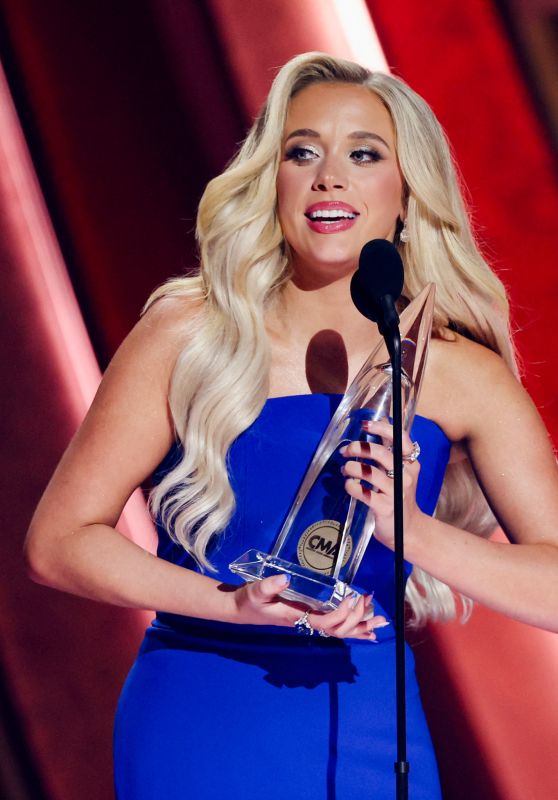
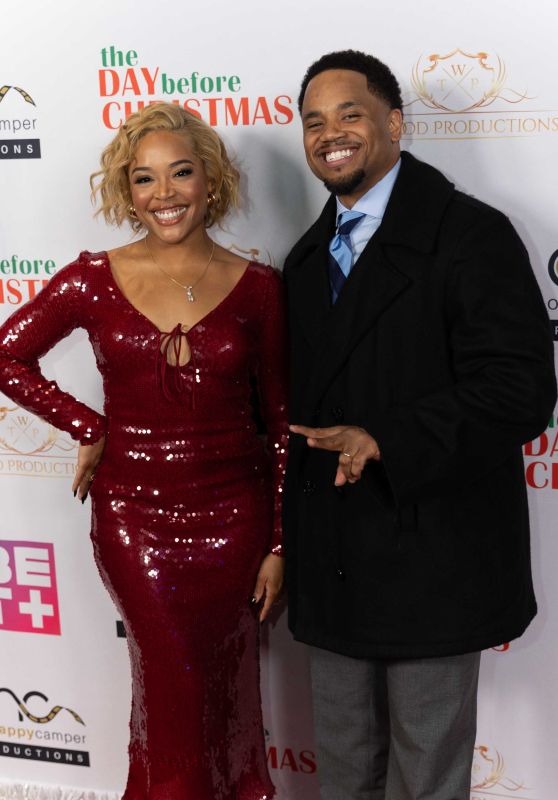
![Tameka ‘Tiny’ Harris Brings Holiday Cheer to BET’s ‘The Day Before Christmas’ Premiere in Atlanta [11-21-2024]](https://celebmafia.com/wp-content/uploads/2024/11/tameka-tiny-harris-brings-holiday-cheer-to-bet-s-the-day-before-christmas-premiere-in-atlanta-11-21-2024-3_thumbnail.jpg)
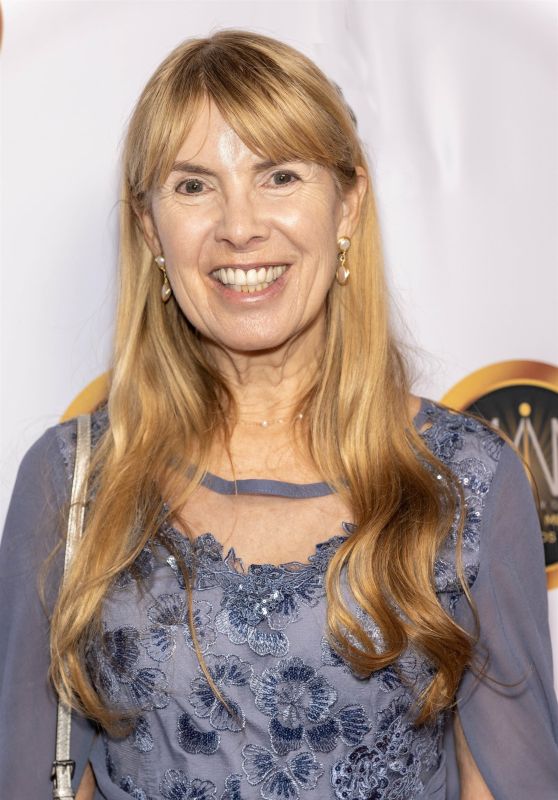
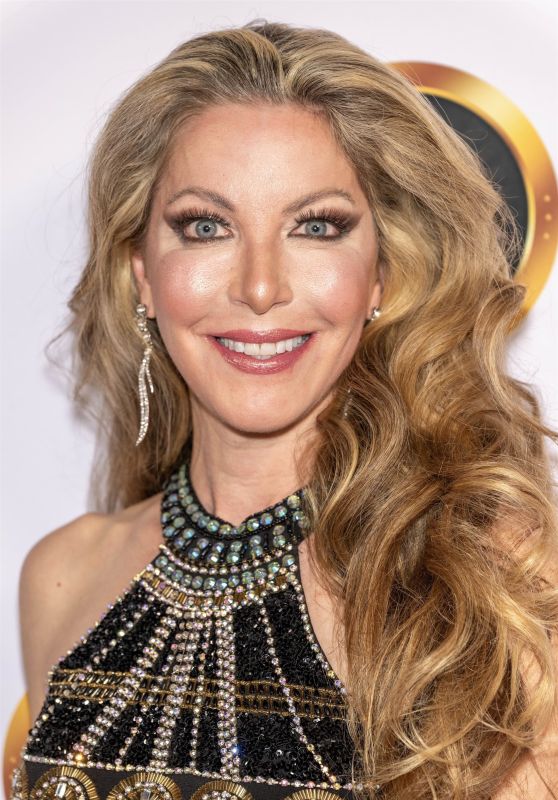
![Alice Pagani at H&M Studio dînatoire [11-20-2024]](https://celebmafia.com/wp-content/uploads/2024/11/alice-pagani-at-h-m-studio-dinatoire-11-20-2024-2_thumbnail.jpg)
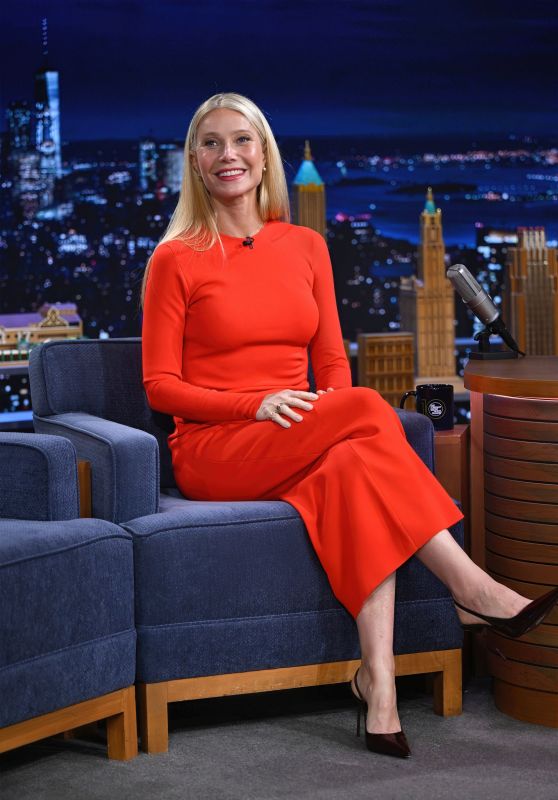
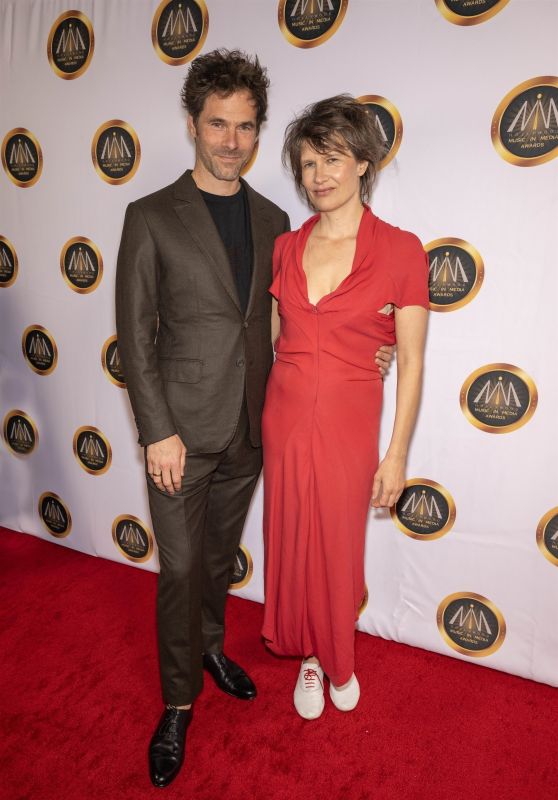
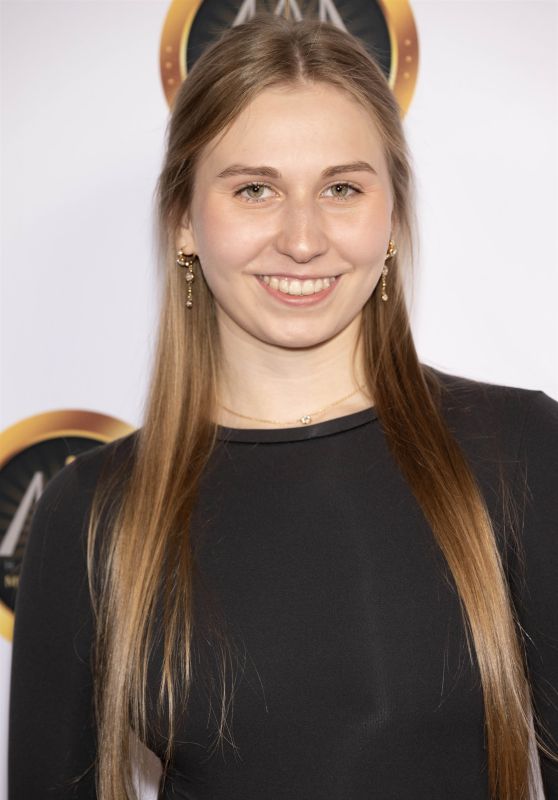
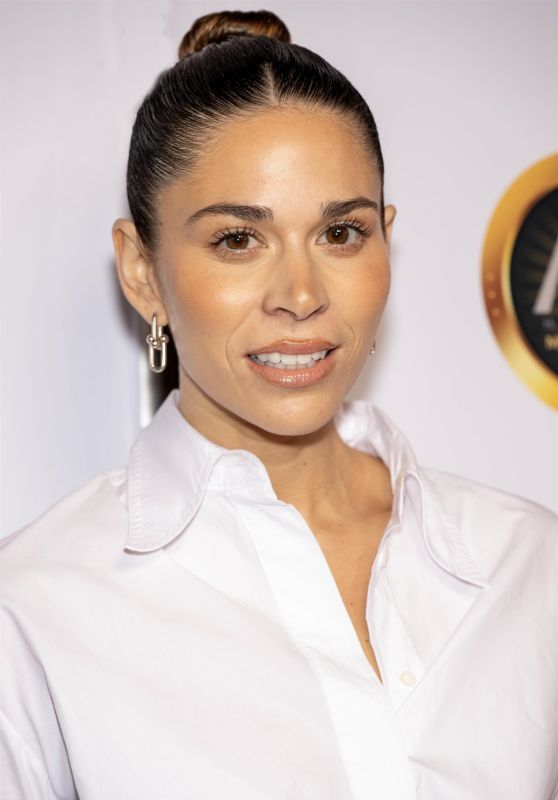








 English (US) ·
English (US) ·